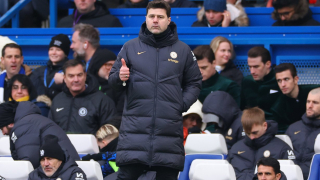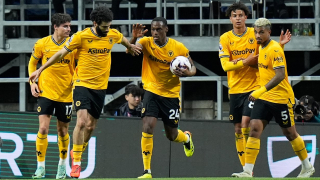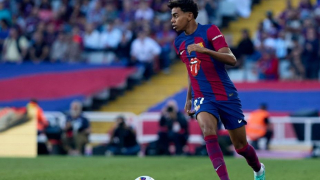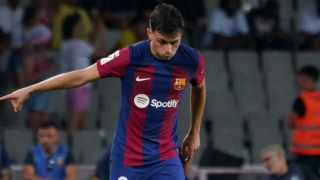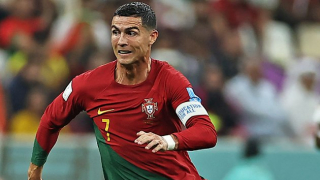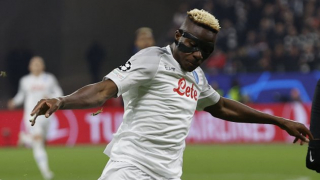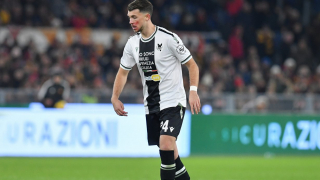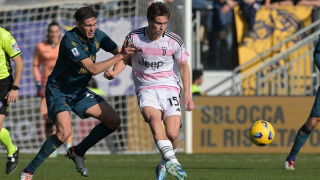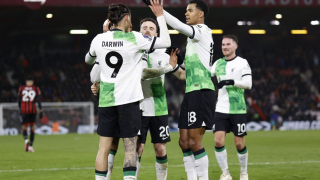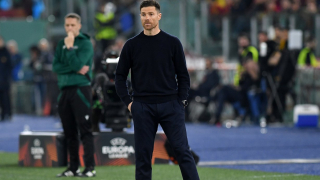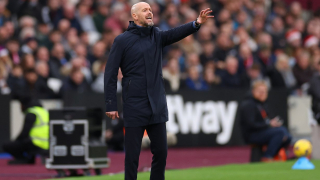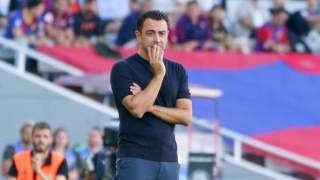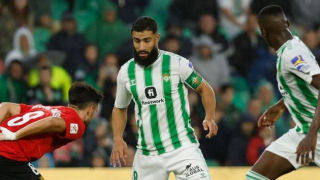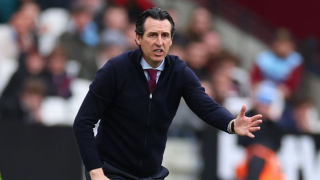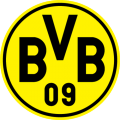One of Germany's most stylish clubs currently find themselves caught in a bit of a predicament in a time where uncertainty can be detrimental to status. Indeed, this is the enigmatic Borussia Dortmund who face the unenviable task of having to track down a suitor to lift them out of obscurity and back into a state of prominence.
It all rather kicked off several years ago: Dortmund had their spine ripped out with İlkay Gündoğan, Henrikh Mkhitaryan and Mats Hummels leaving in the same window, despite CEO Hans-Joachim Watzke stating not all would be sold.
Understandably, the team struggled to perform as well as the 2015/16 campaign where they became the best runners-up in the history of the Bundesliga. The disappearance of the triumvirate meant Thomas Tuchel was irked by his side's inability to breakdown teams and hold onto leads.
Nevertheless, Dortmund managed to end their five-year trophy drought and rotten luck in finals with the DFB-Pokal triumph over Eintracht Frankfurt in May of yesteryear. But the silverware was not enough to convince Tuchel to remain for a third season as disagreements with the hierarchy behind closed doors resulted in his departure.
Dortmund capitalised on similar dissension at AFC Ajax and appointed a wantaway Peter Bosz, who had captured the eye of many football purists with his entertaining Europa League run.
Like his predecessors, Klopp and Tuchel, Bosz brought his own brand of tactics in a refined version of Totaalvoetbal (Total Football). The move was a leap of faith by the Dortmund board, but an exciting one. After all, he had managed to get a lot of an incredibly young Ajax side, so, at the time, it looked a reasonably good fit.
Unfortunately for die Schwarzgelben, the decision did not work out. Bosz may have won the hearts of bringing back Amsterdam's famous philosophy in his native Netherlands, but it eventually went down like lead balloon in the Ruhrpott. Free-scoring, beautiful football soured into an ineffective, blasé spectacle as performances took a nosedive.
Dreams of ending FC Bayern München's firm stranglehold on the league soon dissipated as Bosz lacked the imagination of his Schalke counterpart, Domenico Tedesco, and was unable to change his ways – a problem affecting several Dutch managers and the national team.
While Bayern's decision to reappoint Jupp Heynckes drew inspiration as well as performances, Dortmund simply could not follow suit. The night after the disappointing loss at the once impregnable Westfalenstadion, Peter Stöger was brought in to steady a ship taking on much water and falling behind competitors for the top spots.
Stöger, of course, was appointed due to his success and experience with FC Köln, and was rumoured to be a choice to succeed Tuchel in the summer. However, there can be little doubt the rushed appointment reeked of desperation – Dortmund had to act fast and turned to a man who had overseen the worst start in Bundesliga history.
The Austrian is very much the antithesis to Bosz with his defensive-minded football, but it did result in resurrecting Köln, even if it did take a major nosedive. It soon became evident Stöger does not possess the imagination to transform Dortmund back into a European powerhouse. The subpar performances against RB Salzburg in the Europa League fittingly concluded BVB's poor display on the continental scene after a humiliating Champions League showing.
With Stöger almost certainly on the way out in a few months, there is time to assess options for a long-term solution. In the summer prior to appointing Bosz, Lucien Favre was strongly linked with a return to Germany.
Favre could make for a fine addition, having resurrected a fallen giant in Borussia Mönchengladbach. The Swiss lifted the Foals from rock bottom of the Bundesliga to the prestige of the Champions League in under five years. Favre was quick to realise the frailties of Gladbach and instigated a fast counterattacking approach – akin to that of Diego Simeone's Atlético de Madrid a few years ago – which exceeded even the most optimistic of expectations. Moreover, it is looking increasingly likely Favre's spell with OGC Nice is coming to an end.
There is also the option of looking closer to home in Julian Nagelsmann. The Hoffenheim manager became the youngest ever coach in the illustrious history of the Bundesliga and propelled die Kraichgauer into the upper echelons of European football for the first time in their history.
In stark contrast to Bosz and Stöger, the 30-year-old has proven himself tactically flexible and responsive to changes on the pitch. However, Nagelsmann's most valuable trait comes in the form of his outstanding man-management and close relationship with players, meaning the squad punched above its weight: "30% of coaching is tactics, 70% social competence."
Under the shroud of the World Cup, the summer marks a crucial time for Borussia Dortmund. Not only must they appoint a suitable coach to the helm, but look to the transfer market to strengthen a squad constantly hit by injuries and departures.
Peter Bosz downfall at Dortmund: https://fussballkevinblog.wordpress.com/2017/12/24/the-downfall-of-peter-bosz-at-borussia-dortmund/

